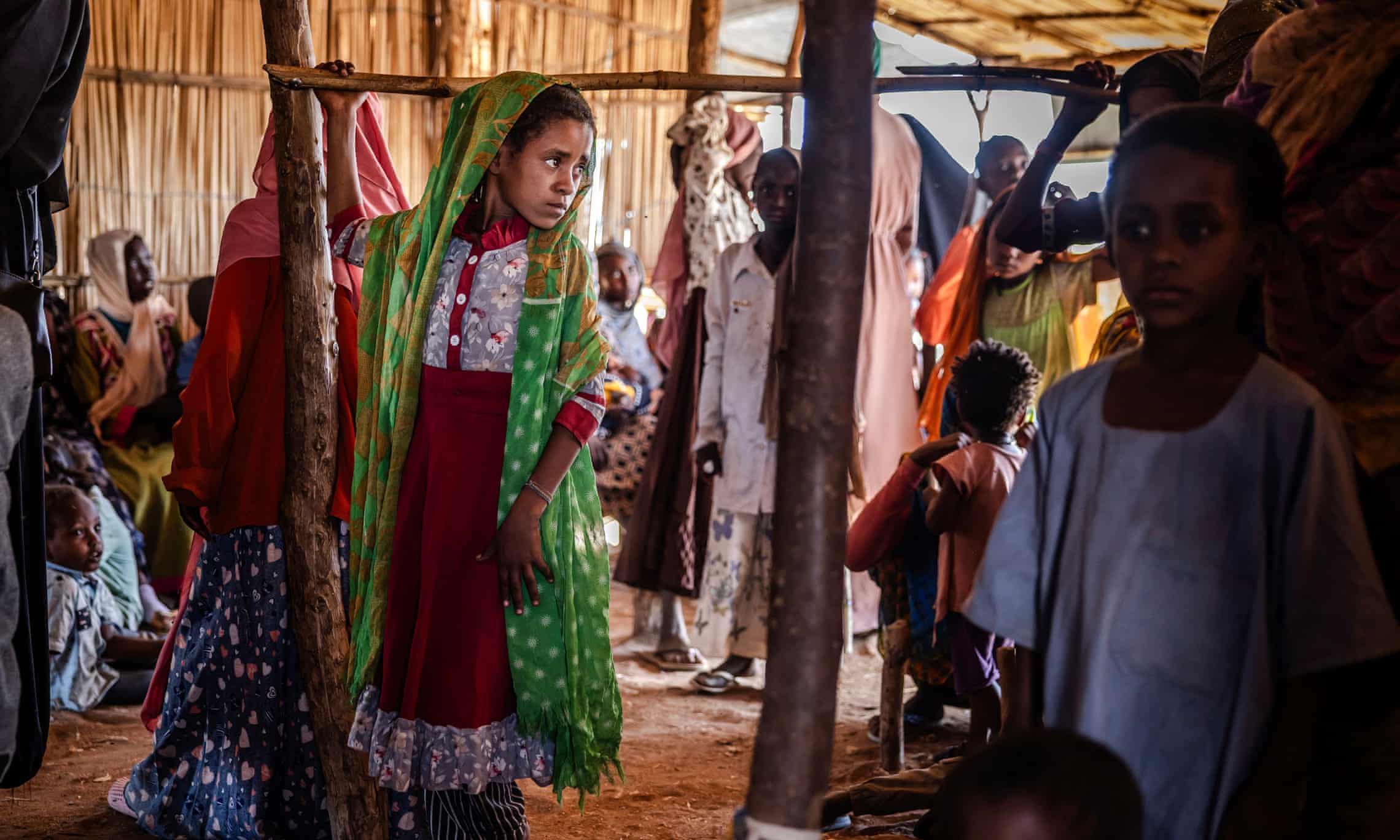 Even before a communications blackout hit Sudan two weeks ago, few were watching a war that has killed thousands of people and displaced more – almost 8 million – than any other current conflict. “It’s not a forgotten crisis. It’s a wholly ignored crisis,” Kitty van der Heijden of Unicef told a meeting at the Munich Security Conference last week.
Even before a communications blackout hit Sudan two weeks ago, few were watching a war that has killed thousands of people and displaced more – almost 8 million – than any other current conflict. “It’s not a forgotten crisis. It’s a wholly ignored crisis,” Kitty van der Heijden of Unicef told a meeting at the Munich Security Conference last week.
Eighteen million people in Sudan are acutely food insecure, and around 3.8 million children are malnourished. At the Zamzam camp in Darfur, a child dies every two hours. There have been widespread atrocities including massacres and sexual violence. Jan Egeland, secretary general of the Norwegian Refugee Council, warns that “textbook ethnic cleansing” in Darfur – by the paramilitary Rapid Support Forces (RSF) and allied Arab militias – has forced almost 700,000 to flee. Yet while the region’s genocidal violence became a global cause two decades ago, it barely registers now.
In just five years, Sudan has transitioned from dictatorship to revolution to coup – and then to civil war last April, when Gen Abdel Fattah al-Burhan, the de facto leader and army chief, and Lt Gen Mohamed Hamdan Dagalo (known as Hemedti), who controls the RSF, turned on each other. The International Crisis Group warns that what comes next could be de facto partition if not state disintegration. Not only are multiple players involved, but tensions in the Sudanese armed forces appear to have grown as the RSF has gained ground in recent months. Meanwhile, militias are beginning to mobilise against the RSF. There is concern that jihadist fighters may be drawn in.
